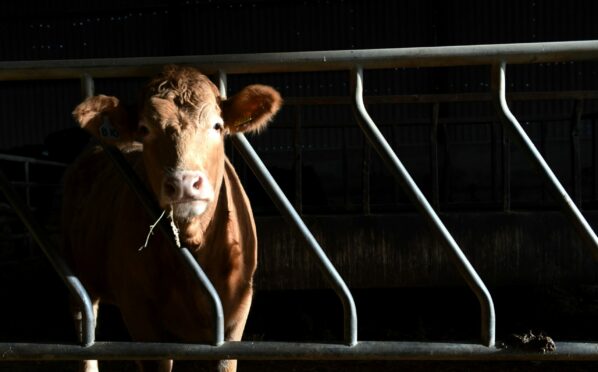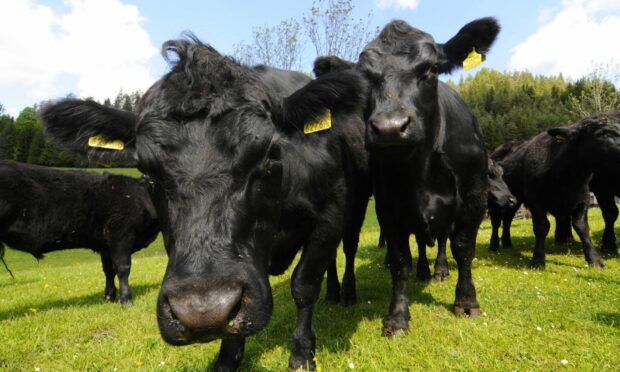UK Government ministers have been warned that tearing up a ban on hormone-treated beef as part of trade talks with Canada would undermine Scotland’s farming and food sectors.
It is understood the North American nation will seek a major overhaul of legislation which prevents the foodstuff from being imported to the UK.
The move would likely spark an outcry from farmers and environmental campaigners over food safety concerns.
In a letter to the UK Government, seen exclusively by us, the SNP’s environment, food and rural affairs spokeswoman Deidre Brock and foreign affairs spokesman Alyn Smith urge ministers not to concede to any such demands.
They have called on international trade secretary Anne-Marie Trevelyan and environment secretary George Eustice to rule out ending import controls for “lower standard” products during negotiations this spring.
Undermining farmers
The pair claim bringing in hormone-treated beef “threatens the health of UK consumers and increases the risk of anti-biotic resistant bacteria but also threatens to undermine the UK’s farming and food sectors”.
However, a government spokesman hit back at the comments, describing any claims it could sign a deal that compromises on environmental, animal welfare or food standards as “unhelpful scaremongering”.
Ms Brock said: “Although the Tories refuse to admit it, their extreme Brexit is responsible for the extremely damaging loss of trade we’ve seen, and now they are racing ahead with a deal to join the CPTPP in the hope that it will make up for some of that damage.
“They risk making further bad decisions and concessions in trade negotiations that could see the ban on hormone-treated beef scrapped, putting farmers’ livelihoods and consumers’ health at risk.
“We are already seeing our food standards and Scotland’s farming sector jeopardised since leaving the EU.
“It is of vital importance, to protect our farmers, food producers, and consumers, that no more ground is given on food standards in post-Brexit trade deals.”
‘We are world leaders – that will not change’
Canadian farmers routinely treat cattle with hormones such as estrogen, progesterone and testosterone to produce leaner meat.
The US and Canada have long insisted there are no negative health effects associated with the practice.
However, it was banned across member states of the European Union in 1989 on safety concerns, and imports to the UK are still not permitted.
A UK Government spokesman said ministers are focused on securing trade deals that protect and advance the interests of farmers and consumers, adding that “if a deal isn’t the right one, we will walk away”.
He said: “This government has been clear it will not sign a trade deal that will compromise on our high environmental protection, animal welfare and food standards, and claims to the contrary are unhelpful scaremongering.
“We are a world leader in these areas and that will not change.
“Hormone-injected beef is not permitted for import into the UK.
“This has been retained through the EU Withdrawal Act and was enshrined in UK law at the end of the transition period.”


